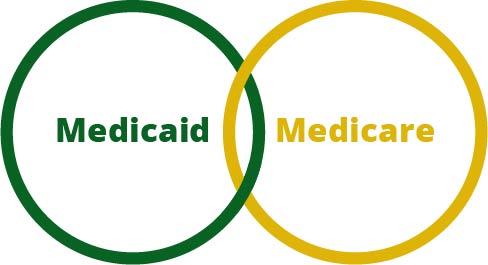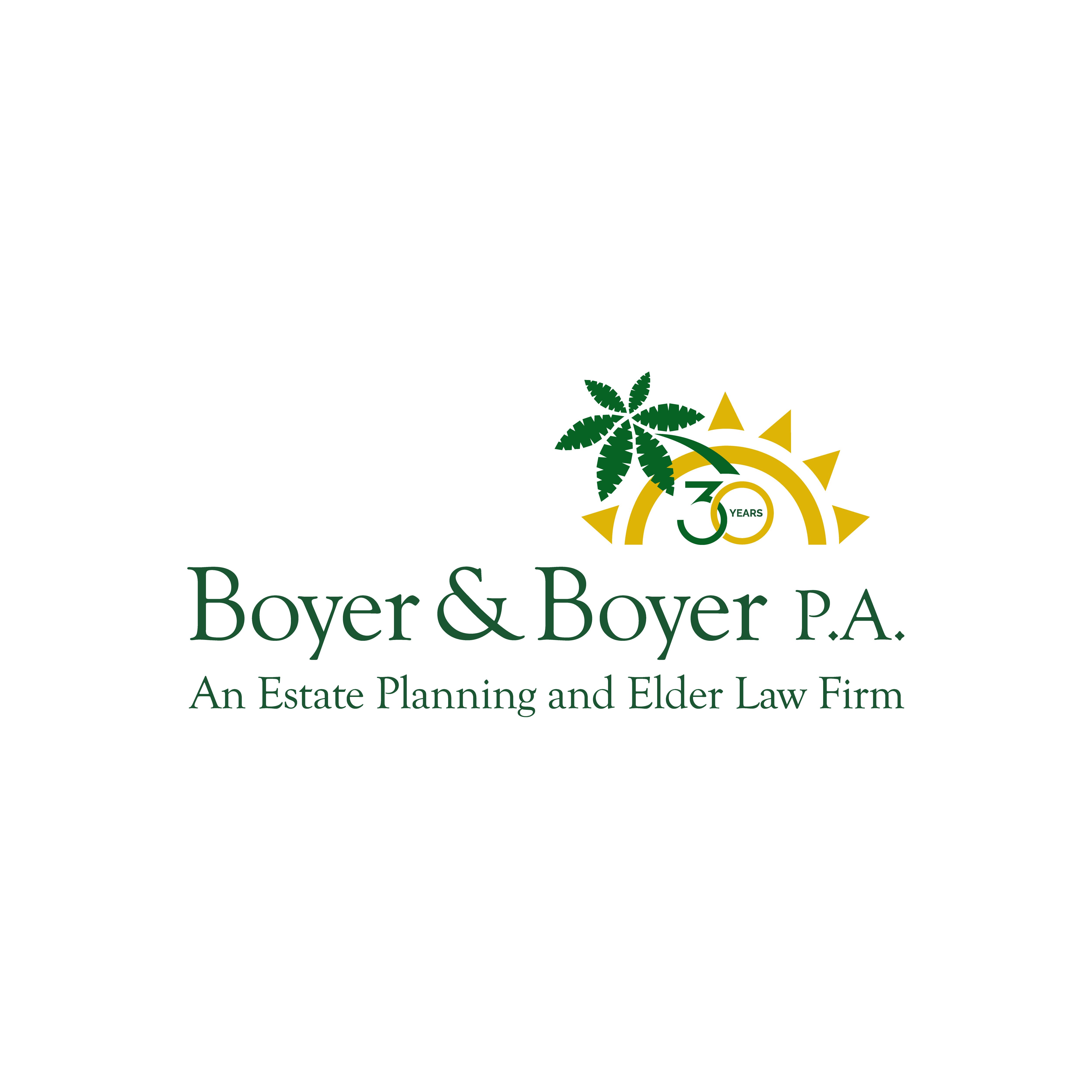
Medicaid, Medicare, what’s the difference?
By admin
Many are confused by these two similar sounding federal health benefit programs. While they may sound similar, they are very, very different. Knowing the differences and the basics of what each program covers, and who is eligible, could save you, or a family member, lots of money.
First the Basics:
Medicare is a federal insurance program available to all U.S. citizens 65 and older and to people with certain disabilities. It has 4 parts:
- *Part A- Hospitalization coverage
- *Part B- Medical insurance
- *Part C- Privately purchased coverage that supplies services offered by A & B
- *Part D- Prescription drug coverage
- **Part A and B are paid by payroll taxes and deductions from Social Security income.
- **Parts C and D are paid out of pocket.
Medicaid is an eligibility-based program for the indigent funded by both federal and state government dollars. The federal government sets the primary laws and regulations, however, the states can make laws that are different, but not more restrictive. Services are administered by each state and therefore vary from state to state. Unlike Medicare, if you move to a different state, you must reapply for benefits. Due to tax structures, some states have benefits more generous than Florida.
“Medicaid” is an umbrella term that encompasses a wide range of service programs. In our practice we typically assist elders and their spouses with qualification for Nursing Home Benefits under Florida’s Institutional Care Program. We’ll review what’s required to qualify later but first let’s compare what the two programs pay for under a common scenario where one ends up in a hospital and is discharged to a Rehab/Long-Term Care facility and will require nursing care on a long-term basis.
Comparison – Who pays for What?
Medicaid
- If eligible, pays for skilled nursing in a long term care facility
- Pays Part B coverage
- Pays for prescription medication and supplies
- Income less $35 paid over to facility
- In-patient hospital stays up to 90 days-nursing after 60 days a co-pay is required
- 100 days Rehab in Skilled Facility
- After qualifying 3 day hospital admission
- Physician services, labs, tests and medication
- Some durable medical equipment
- Deductibles and copays
While this isn’t an exhaustive list of what the two programs cover, it illustrates how they work together to address what is usually the highest dollar cost, the care itself. Many families facing these high dollar costs ($6000 – $10,000 per month) once Medicare coverage runs out, will seek our services to assist with developing a plan to qualify for Medicaid.
Here is a brief overview of the Medicaid Institutional Care Program Eligibility Rules:
- Must require skilled nursing services and be in an approved Medicaid facility
- Must have countable assets below $2000
- Must have income below $2163
(Having too much income can be overcome with a well drafted and Medicaid compliant qualified income trust) - Spouse keeps all their own income but must meet asset limit of $117,240
- Homestead, car, personal belongings, prepaid burial plans and IRAs under certain rules are excluded from the asset rules.
Unless a patient is immediately eligible, we advise our clients not to try to plan on their own, or sometimes worse, risk using a non-attorney Medicaid Planner. Mistakes in applications and unreported or underreported assets can lead to substantial penalties and criminal prosecution in extreme cases. For more information or if we can help, please visit our Health Care Cost Planning information page or contact us to schedule an appointment.




